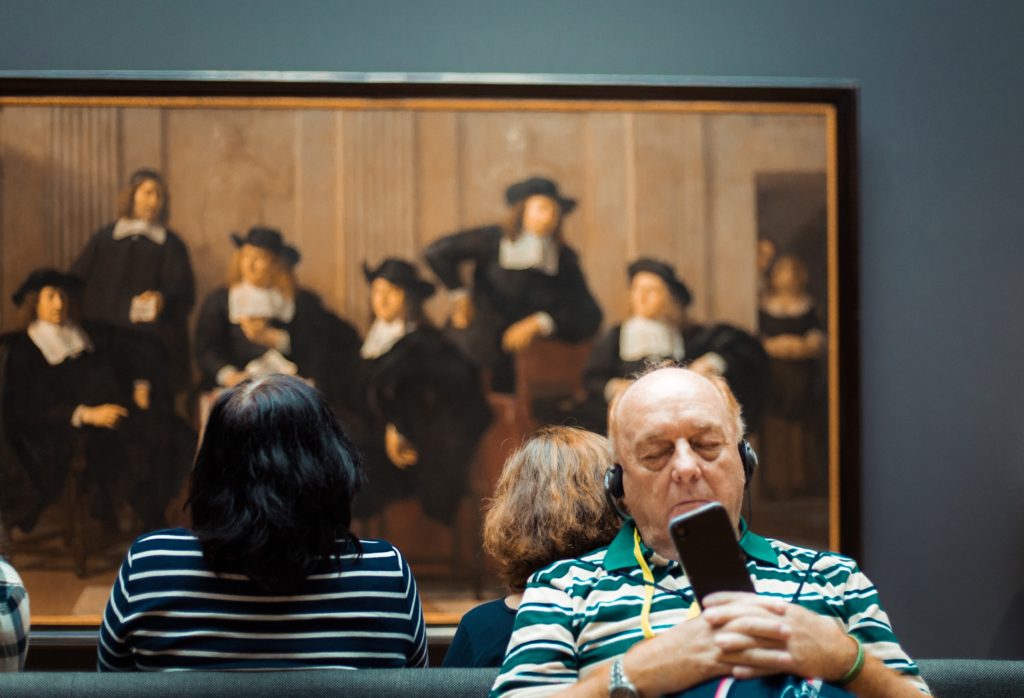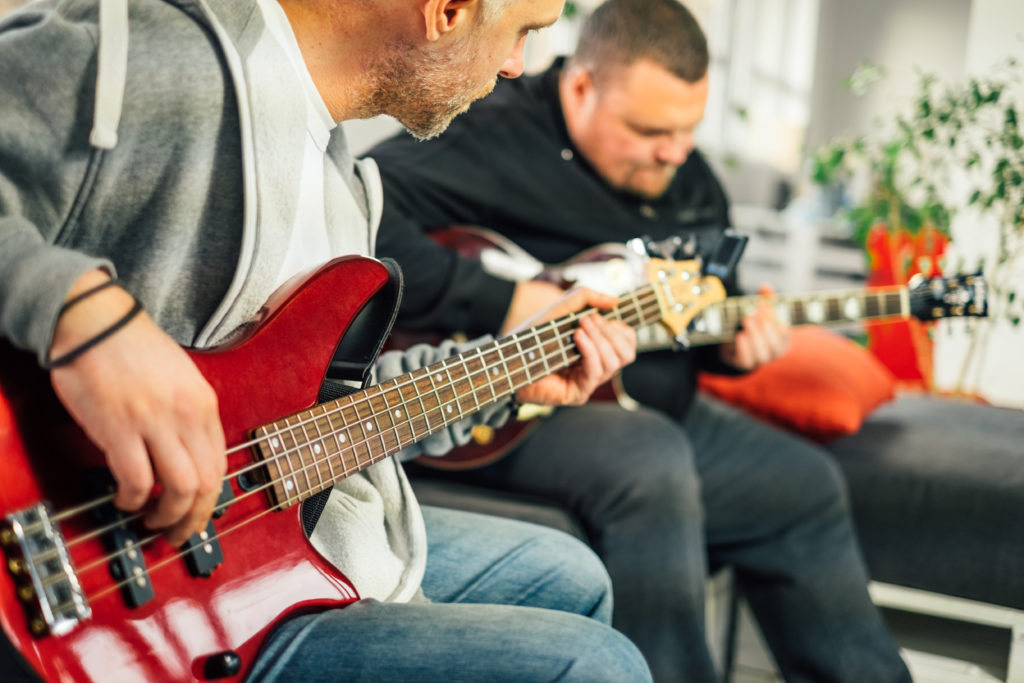Below Grace Meadows tells us all about Music For Dementia …
It would be difficult to find anybody who doesn’t love music and all the pleasure it can bring, but music can do so much more for people as it also has the potential to support our health and wellbeing. Music can even be transformative when the ability to communicate is impaired or no longer available, either through injury, illness or disability.
Therapeutic Benefits Of Music
I know from my work as a musician and as a qualified music therapist how powerful a tool music can be. I have seen music move people to tears, awaken memories, bring moments of unexpected joy and reduce anxiety. But you don’t need to be a classically trained musician or musical therapist to unlock the therapeutic benefits of music. I believe we are all musical beings. We are all hardwired with the ability to process and enjoy music on an emotional, physical, sensory and cognitive level, when we are born.
Music For Dementia
In my role at Music for Dementia I’m fortunate to observe the power of music in action on a regular basis. Dementia is a degenerative condition that affects one in 14 people over the age of 65, and one in six people over the age of 80. Sadly, there is no cure for the condition, but music is a powerful tool that we can use to help manage the symptoms and improve quality of life.

Music is unique as we process it using the whole brain, whereas dementia effects specific areas. This means that people living dementia can still enjoy music and reap the many benefits it offers. We know that music can lower stress related hormones, encourage social and communication skills and physical health through movement. Research has also shown that music therapy can reduce agitation and medication in 67% of people living with dementia.*
Music Improves Brain Function
According to new research published in November 2021 by the University of Toronto, listening to favourite, personally meaningful music improves brain function in people with dementia.** The important finding here is that music has to be personal and significant to the individual. What is the best music is for someone living with dementia. I always stress the importance of personalising any music for the individual’s taste and history. We all love different styles of music from rock to pop to classical or folk. And it’s the familiarity of music that can unlock so many of it’s calming, nostalgic and enjoyable moments.
The benefits of music extend beyond those living with dementia. For family members and carers music can create a shared experience that connects them in the here and now. Music is a conversation and a powerful means of communication. People that have momentarily lost the ability to talk can express themselves beyond the spoken word. Occasionally they may even find the ability to sing. These moments of connection can be very precious to loved ones, and extremely enjoyable to individuals themselves.

A Shared Experience
If you want to incorporate more music into the life of someone living with dementia, I recommend family members and carers start with music that matters to that individual. Use it at times of the day to help motivate, stimulate, comfort and reassure. For example, more rhythmic, upbeat music can encourage movement and exercise. Whereas slower, instrumental music can help to create a sense of calm and ease anxiety and agitation.
When listening to music alongside someone living with dementia, I would encourage you to find a way to physically connect with them to help encourage a sense of togetherness. That could be via holding hands, sharing eye contact, tapping your feet together, singing along or even dancing. This helps to really create a shared experience that can be incredibly meaningful.
After all, life is about connecting and music has the power to do that.
For further information please visit musicfordementia.org.uk
The Power of Music in Dementia Care – by Grace Meadows, Campaign Director at Music for Dementia

*All-Party Parliamentary Group on Arts Health and Wellbeing, 2017
**Fischer, 2021




